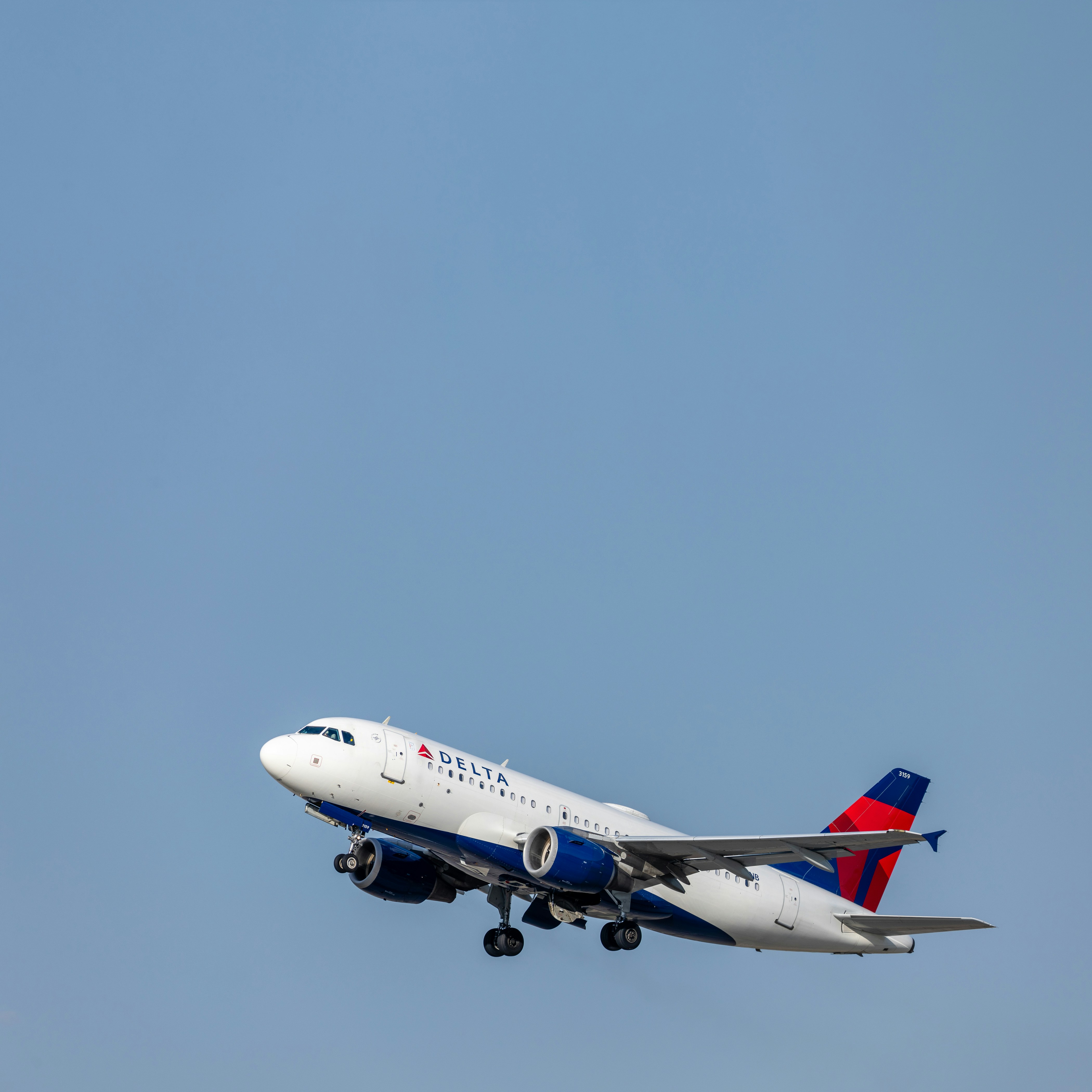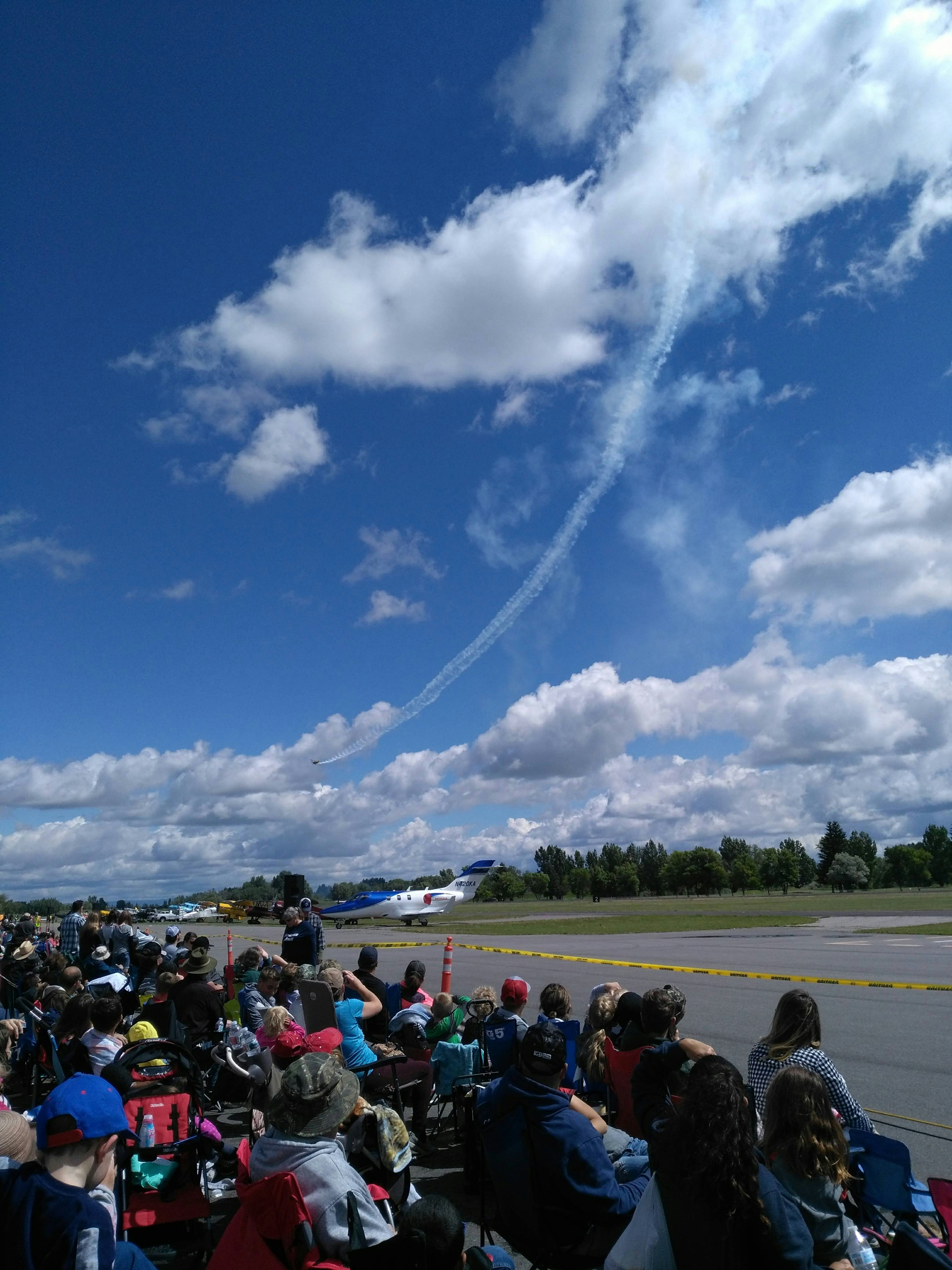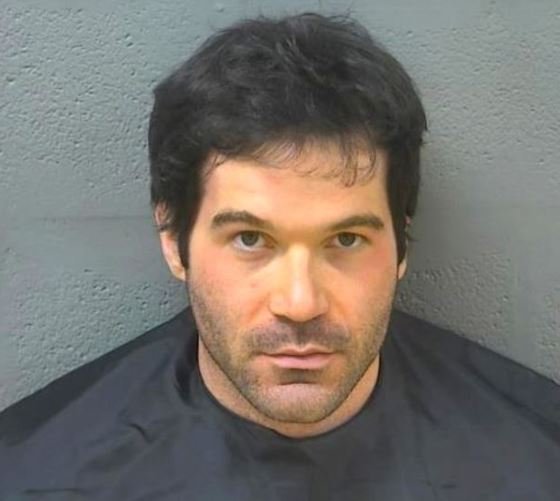Introduction
The recent incident involving the arrest of a Delta co-pilot upon landing in San Francisco has raised significant concerns regarding aviation safety and security. This event occurred on 26 July 2025, when the aircraft, operating a commercial flight, successfully completed its journey. However, the situation quickly shifted from routine to alarming as law enforcement authorities took the co-pilot into custody shortly after disembarking passengers.
The arrest was initiated based on allegations surrounding the co-pilot’s behavior and potential violations that could compromise not only personal safety but also the security of the flight. Eyewitness accounts, along with preliminary reports, indicate that the co-pilot exhibited signs of impairment during the flight, prompting immediate action from airline officials upon landing.
Aviation safety is a paramount concern for both regulatory bodies such as the Federal Aviation Administration (FAA) and airlines worldwide. This incident serves as a stark reminder of the crucial need for strict adherence to safety protocols and thorough monitoring of crew members’ fitness to operate an aircraft. The repercussions of such incidents extend beyond mere headlines; they encompass the trust passengers place in airlines and the aviation industry as a whole.
Moreover, incidents like these can lead to increased scrutiny and potential changes in regulations governing crew conduct and safety measures. As regulations evolve, it becomes essential for both employees and passengers to remain informed about what constitutes acceptable behavior in flight operations.
This analysis will delve deeper into the context of the arrest, the implications for the aviation sector, and what measures might be implemented in the aftermath of this incident to prevent future occurrences. It is an essential discourse that underscores the ongoing importance of maintaining the highest standards in aviation safety and security protocols.
Timeline of Events
The incident involving the arrest of a Delta co-pilot unfolded over a series of hours on a routine flight from Minneapolis (MSP) to San Francisco (SFO), which highlighted significant concerns regarding airline safety and regulations. The flight, Delta Airlines Flight 1234, departed from Minneapolis-St. Paul International Airport at approximately 10:00 AM local time on October 27, 2023. Scheduled to land in San Francisco at 12:30 PM Pacific Time, the flight maintained a standard flight path and experienced no major anomalies during its journey.
As the aircraft approached its destination, the crew began preparations for landing. Upon entering the final approach, the captain was informed of a potential issue concerning the co-pilot’s conduct. Around 12:20 PM, air traffic control cleared Delta Flight 1234 for landing. The crew was instructed to maintain communication with ground personnel to ensure a smooth arrival.
This series of events prompted immediate investigations into the co-pilot’s actions while in the cockpit and culminated in disruptions to the airport’s traffic flow as authorities assessed the situation. The timeline of events from the departure in Minneapolis to the arrest in San Francisco serves as a testament to the complexities involved in airline operations and safety protocols that are critical to ensuring passenger security.
The Arrest
The incident surrounding the arrest of the Delta co-pilot unfolded dramatically aboard the aircraft, leaving passengers in shock. Witnesses recounted a sudden shift in the atmosphere onboard the flight as the plane was taxiing to the terminal. Eyewitnesses described an unnerving feeling among passengers, who were unaware of the unfolding situation. As the aircraft came to a stop, several law enforcement officers boarded the plane. Their demeanor exuded authority and urgency, immediately commanding the attention of those onboard.
Passengers reported a mix of confusion and concern as the officers approached the cockpit. Some could be overheard speculating about the nature of the incident, while others remained preoccupied with their personal belongings. A few were visibly anxious, fearing that the co-pilot might be involved in something serious. One passenger recounted how a child next to them asked if they were in danger, which underscored the tense atmosphere.
The officers proceeded with caution, engaging in communication with the co-pilot, who appeared calm amidst the chaos. Witnesses noted that the officers offered reassurances to the crew and passengers alike, indicating that there was no immediate threat. However, the environment remained charged as the officers conducted their investigation. The presence of law enforcement created a palpable tension, as passengers maneuvered their phones to capture the unfolding events, potentially for social media or personal records.
Upon their decision to take the co-pilot into custody, the officers displayed professionalism, maintaining a respectful demeanor toward the crew and passengers. Balancing their duty to the safety of all individuals aboard with the need for discretion, the officers collected the co-pilot’s belongings and escorted him away. As he walked past, some passengers expressed their disbelief through hushed conversations, while others remained silent, processing the unexpected turn of events. This incident certainly left an impression, marking a memorable yet unsettling experience for all those present on that flight.
Law Enforcement Involvement
The arrest of the Delta co-pilot shortly after the flight landed has highlighted a significant collaboration between various law enforcement agencies. Following the incident, the response was coordinated primarily by the Department of Homeland Security (DHS) alongside local law enforcement agencies. The involvement of the DHS underscores the gravity of the situation, particularly in the context of aviation security and public safety. Given the complexities of air travel, the presence of federal agencies is essential for addressing potential threats and ensuring thorough investigations are conducted.
The local authorities, including police departments at the destination airport, played a crucial role as well. They were responsible for establishing a secure perimeter around the aircraft and facilitating the safe disembarkation of passengers while also maintaining order during a highly stressful situation. These actions were crucial in case the scenario had escalated further, demonstrating the importance of precise coordination between federal and local entities. Their presence ensured not only the safety of passengers but also reassured the public regarding the efficiency of the response to the incident.
The collaboration extended beyond just the immediate arrest. Information sharing and joint operational planning among agencies allowed for a more comprehensive approach. Investigators were able to assess the situation rapidly and collect evidence while working closely with airport security to ensure all protocols were followed. This collective effort emphasizes the critical importance of inter-agency communication in addressing aviation-related incidents. The engagement of multiple levels of law enforcement in such cases not only enhances response effectiveness but also builds a stronger framework for future preventative measures, reinforcing the overarching commitment to airport and public safety.
Charges Against the Co-Pilot
On the recent incident involving the Delta co-pilot, the legal ramifications stemming from the charges are significant and complex. The co-pilot was arrested after landing a flight, and this arrest was primarily due to allegations relating to child sexual abuse materials. These charges raise numerous concerns not only for the individual involved but also for the airline’s reputation and operational integrity.
Under United States law, possession, distribution, or production of child pornography is a serious felony that can result in severe penalties, including lengthy prison sentences and mandatory registration as a sex offender. The specific accusations against the co-pilot detail the unlawful possession of materials that exploit minors, indicating a violation of federal statutes designed to protect children from exploitation and abuse. This is especially alarming given the trusted position that airline personnel hold.
From a legal perspective, being charged with these offenses brings about a multitude of consequences. The co-pilot will likely face charges in federal court, as the distribution of such materials often falls under federal jurisdiction. Furthermore, if convicted, the ramifications extend beyond imprisonment; the individual could face significant fines and lengthy probation periods following their release. Employers in the aviation industry, particularly airlines, may respond by terminating employment immediately upon news of such charges, given the potential risk to passengers and crew, which could lead to a loss of public trust.
Moreover, the stigma surrounding these charges can have lifelong repercussions, affecting future employment opportunities and personal relationships. The case exemplifies how quickly a career can be jeopardized by serious allegations and underscores the importance of maintaining a stringent vetting process within the aviation industry to prevent individuals from entering or remaining in influential positions when they pose potential risks.
Passenger Reactions
The arrest of a Delta co-pilot shortly after landing a flight has left many passengers grappling with a range of emotions, from disbelief to concern. Flyers on board the flight reported a mix of confusion and anxiety as they learned about the dramatic turn of events. One passenger, who requested anonymity, shared, “When we landed and saw law enforcement waiting, my heart raced. I was unsure if we were safe.” The visible presence of police officers led many to speculate about the safety and security protocols in place within the cockpit.
Some passengers expressed frustration at the unexpected disruption to their travel plans. “We just wanted to get home. Instead, we were left sitting on the plane for what felt like an eternity while they handled the situation,” remarked another traveler. Their comments underscore the emotional toll such incidents can exert on individuals who anticipate a straightforward flying experience. Several families, particularly those with children, noted feeling distressed, worried about the implications for their safety and the unknown variables involved.
In addition to concerns regarding personal safety, some passengers highlighted the impact on their perceptions of airline safety protocols. A frequent flyer stated, “I never imagined something like this could happen. It makes me wonder about who is in control of the aircraft and how often such issues arise.” Their sentiments reflect a broader apprehension among travelers regarding the thoroughness of background checks and assessments conducted on flight crew members.
As stories began to circulate among online communities, varied opinions emerged; some expressed solidarity with the co-pilot, while others condemned the actions that led to the arrest. Overall, the incident triggered a widespread call for greater transparency from airlines to help rebuild passenger trust and address underlying concerns regarding in-flight safety.
Delta Airlines Statement
In light of the recent incident involving the arrest of a Delta Co-Pilot after a flight landed, Delta Airlines swiftly released an official statement to address the concerns of the public and its passengers. The airline emphasized its unwavering commitment to safety and security, asserting its top priority is the well-being of passengers and crew members alike. The statement outlined that Delta Airlines operates under stringent safety protocols which are rigorously enforced to ensure compliance at all levels of operation.
Delta acknowledged the incident as serious and affirmed their collaboration with authorities to determine the circumstances surrounding the arrest. The airline expressed its intention to support the legal process, while also maintaining transparency with its customers. In the statement, they mentioned that the co-pilot’s conduct was immediate grounds for investigation, aligning with their established standards for professionalism and accountability in aviation. This swift reaction is indicative of Delta Airlines’ adherence to a robust safety framework, reassuring passengers that their travel experience remains a priority.
Furthermore, Delta Airlines emphasized that this incident is being addressed in the most serious manner, as they are committed to fostering a safe and secure travel environment. The statement included a note of reassurance to passengers, conveying confidence in the airline’s operational integrity. Delta reiterated their dedication to addressing any issues that may threaten passenger safety, ensuring that they will take all necessary steps in response to the situation at hand. Such public communication illustrates Delta’s proactive approach to crisis management and highlights the airline’s focus on rigorous safety standards.
Aviation Security Implications
The recent arrest of a Delta co-pilot after a flight lands has raised significant concerns regarding aviation security measures. Such incidents, though rare, can prompt a comprehensive reassessment of existing policies and procedures related to the screening and monitoring of flight crews. The implications of this occurrence extend beyond the immediate legal ramifications; it highlights the critical need for enhanced protocols to ensure the safety and security of passengers and crew members alike.
One of the primary areas of focus in the aftermath of this incident is flight crew screening. Traditionally, flight crews have undergone rigorous background checks and ongoing evaluations prior to their employment. However, the arrest raises questions about the effectiveness of these screening processes. Stakeholders in the aviation industry may advocate for the integration of advanced psychological assessments and behavioral evaluations as part of routine crew screenings. This could help identify potential risks in individuals before they step into critical roles that ensure the safety of countless passengers.
Moreover, the incident underscores the necessity for improved security monitoring practices. The use of technology to closely monitor crew behavior during flights may become a key component of future aviation security strategies. This could involve the implementation of enhanced surveillance methods or communication monitoring systems that aid in identifying any anomalous behavior that could pose a threat to flight safety.
Finally, this incident could inspire policymakers and aviation authorities to collaborate more closely with international regulatory bodies to develop unified standards for flight crew security. By sharing intelligence and best practices, the aviation sector can establish a more robust framework for preventing similar occurrences in the future, ultimately leading to safer flights worldwide.
Conclusion
In reviewing the arrest of the Delta co-pilot following the flight’s landing, several crucial points have emerged that resonate within the aviation community and among the general public. First and foremost, this incident has highlighted the challenges airlines face in ensuring the safety and security of their passengers. The moment an aircraft touches down, passengers expect to be met with professionalism and dedication from crew members, and any deviation from these expectations can provoke concerns about safety protocols.
The co-pilot’s arrest serves as a stark reminder of the complexities involved in aviation safety. It raises questions about the comprehensive background checks and mental evaluations performed on airline personnel. Such events prompt airline operators to reassess their recruitment and monitoring procedures to mitigate the risks associated with in-flight personnel. Furthermore, these occurrences can lead to increased scrutiny from regulatory authorities, necessitating improvements in policies related to crew training and emergency response.
Public perception of airline safety is considerably influenced by incidents like these. With growing awareness of safety protocols and regulations, passengers are more acutely aware of how any lapse in judgment or adherence to professional standards can potentially jeopardize their travel experience. Consequently, the aviation sector faces the ongoing challenge of rebuilding trust and ensuring that its operational framework prioritizes passenger safety above all else.
Ultimately, the arrest of the Delta co-pilot serves as both a concerning event and an opportunity for the aviation industry to reflect upon and improve its existing systems. It reaffirms the need for rigorous oversight and training, underscoring the vital importance of maintaining a safe and secure environment for both airline personnel and passengers alike.
About TodayResearcher
At TodayResearcher, we bring you stories that matter. Covering everything from breaking news and world events to lifestyle, entertainment, science, and culture, our editorial team is dedicated to delivering accurate, insightful, and engaging content. We aim to keep readers informed, inspired, and curious about the world around them.



